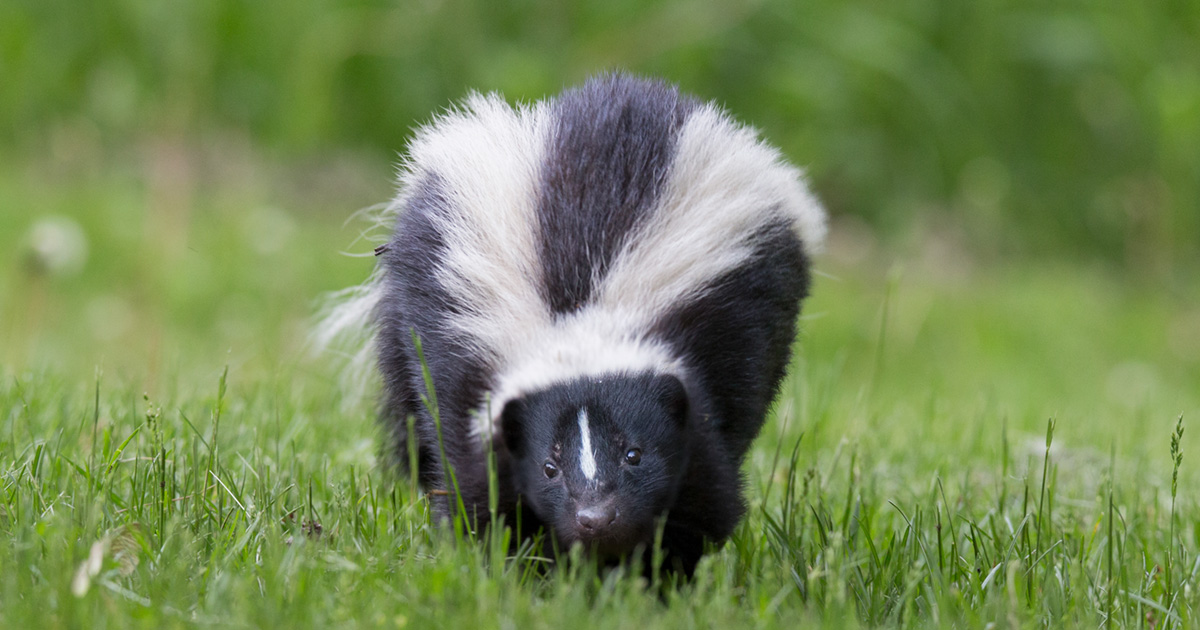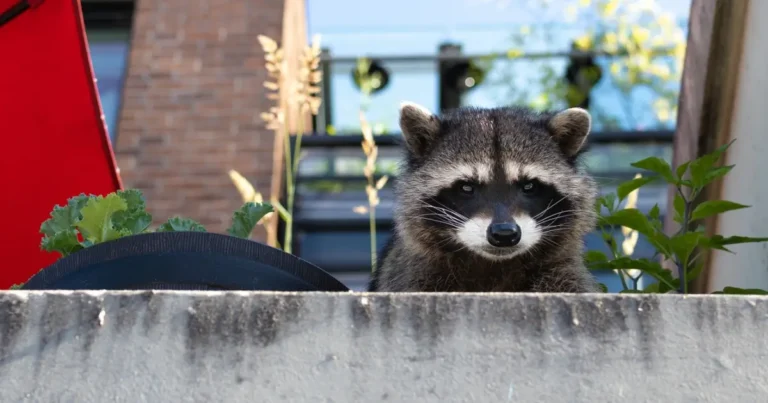
Spring is just around the corner and it is an exciting time for our furry friends. This is the time when you can expect a new generation of native fur-bearers including beavers, rabbits, raccoons, lynx, skunks, foxes, coyotes, river otters and wolves. We’ll also be seeing black bears emerge as a family, they'll be on the move soon, searching for food.
All of these animals are taking advantage of the new roots, shoots and small plants and flowers. It's a great time to forage and gather nesting material. Despite the joy of nature's new arrivals, spring can be a precarious time for little beings but YOU can help!
Spring into action to prepare for baby season, follow these tips:
- Don't jump to conclusions. If you see a baby animal in the wild, don't phone the rehab centre just yet. While it may appear as if the adults have abandoned their young, in reality, the adults may be close by. Never take a wild baby animal home and try to them raise them yourself. If you have any concerns about an abandoned or injured animal, please contact your local wildlife rehabilitation centre or humane society for advice.
- Control your prowling pets. Curious cats can cause trouble. Keep cats indoors as they can pose a risk to baby and fledgling birds who are not yet able to fly. Consider installing a catio instead! Also, dogs off leash can harass and cause stress to baby wildlife and their parents. Please keep your dog under control and stay on marked trails.
- Predator-proof your chicken coop. In the country or the city, animals like foxes and raccoons are looking for an easy meal. Some great ideas can be found at this link. If you have a larger farm, you can also find great tips at wildlifefriendly.org.
- Got bats? Bats are not rodents nor pests under British Columbia’s Wildlife Act, in fact they are protected under our laws from harassment and killing. North America has 48 bat species, with 19 found in Canada! Like other animals, bats are active during the spring. You can learn more about bats, and build a bat-friendly habitat by visiting www.bcbats.ca.
- Put a cap on dumpsters! You likely haven't paid much attention to dumpsters, but you should. The drain hole on the bottom corner of a dumpster can catch and kill curious fur-bearing animals like skunks. A skunk’s jaw is shaped like a cone so they can easily slip into a hole, but often they can’t slip out. If she or he gets stuck too long, their jaw can become swollen and they can become permanently stuck. Dehydration, starvation and stress can cause more trauma or even death. If you see a trapped skunk, please contact your local wildlife rehabilitation centre or local SPCA/humane society. You can also call and complain if you see a dumpster hole. The company's phone number is always on the side of the dumpster. Give them the location of the dumpster and tell them to plug the hole.
We can all help keep wildlife safe as spring rolls out across Canada and we’d love to hear what you’re doing to keep the animals wild and the community safe. Send us your stories or pictures to info@thefurbearers.com or just comment on our social media channels!

